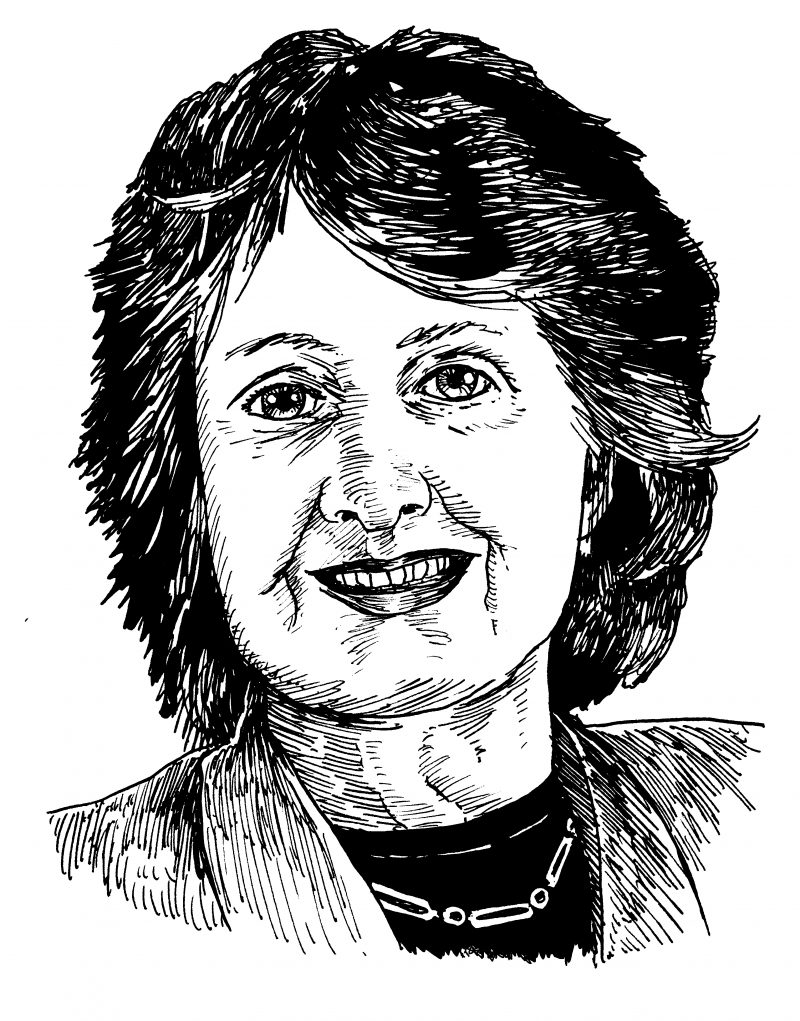When Eavan Boland began publishing her poems, in the 1960s, she faced two problems. The first was that she was a woman in a homogenous, conservative, and extremely Catholic Ireland. The second was the burden of history: just five decades after winning independence, the Irish nation—especially its poets—clung to an obsession with a past of myths and romantic landscapes.
While raising small children in the middle-class suburbs of Dublin, the world of the Irish literary canon was a universe away from Boland’s own experience. In response, her work remained modest, often focusing on domestic life: the sound of a kettle boiling, of a child falling asleep. But it also merged the public with the private, and sought to look at a past that was left out of history books, skipping across centuries in a single line, like a camera gliding through time.
I first read Boland’s poetry as a teenager. I learned it by heart for my Leaving Certificate Examinations in Irish high school, and came to it again much later, through her New Selected Poems, published in 2013. The following interview was conducted over several long correspondences by email. I had hoped to meet with Boland at her home in Dublin, before I learned that she was in California, where she lives half of the year, teaching as a professor of English at Stanford University.
—J. P. O’Malley
THE BELIEVER: In your collection of prose, A Journey with Two Maps: Becoming a Woman Poet, you say: “My mother was my hero… I measured history by her life… The dates and events of history had little hold on me. My mother’s life did.” How did your mother’s influence shape your experience as a poet throughout your career?
EAVAN BOLAND: My mother’s early life was certainly harsh. She was the last child in a seagoing family, the fifth daughter. Her mother was thirty when she was born. In fact, she was so superstitious that, though my mother was born on the thirteenth of February, just past midnight, my grandmother would say she was born on the twelfth. My grandmother died at thirty-one in Holles Street, shortly after the birth of my mother. My grandfather, my mother’s father, was drowned in the Bay of Biscay when she was fourteen. And shortly before that her eldest sister died of tuberculosis. It was a misfortunate family. For all that, my mother’s scars were hard to see. She was a generous, loving mother, a gifted painter, a very sociable and hospitable person. Where the scars showed was in her indifference to the past. She didn’t want to remember. She didn’t want to talk about history. She had no faith in looking back. I saw...
You have reached your article limit
Sign up for a digital subscription and continue reading all new issues, plus our entire archives, for just $1.50/month.
Already a subscriber? Sign in





